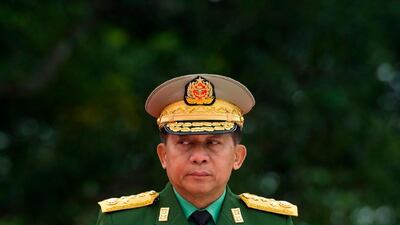The European Union is considering trade sanctions against Myanmar over its repression of Rohingya Muslims despite warnings that it will hit thousands of young women working in the clothing sector.
The EU’s foreign policy wing is considering ending tariff-free access to the world’s largest trading bloc in a significant ramping up of pressure against the regime because of its failure to meet humanitarian or democratic targets.
Campaign groups criticised the plan as “completely daft” as it would not hurt senior military figures responsible for the ethnic cleansing of the Muslim minority in the southeast Asian nation.
“It makes no sense on any level,” said Mark Farmaner, director of the Burma Campaign UK. “There’s almost 20 things they could do to target the military that might make an impact. Instead they are considering something that no-one is calling for.”
Opinion is split within the EU over the plans, according to the Reuters news agency which first revealed details of the proposals and would require approval from the leaders of the 28-nation bloc.
____________________
Read more:
India to begin deportations of Rohingya Muslims to Myanmar
UN humanitarian coordinator urges action on Rohingya refugees
____________________
Despite the early stages of the plan, the EU’s ambassador to Myanmar raised the potential sanctions with factory owners in the capital Yangon, according to campaigners. The garment sector is one of the largest foreign currency earners for Myanmar and employs thousands of young women, many of whom carry out work for European fashion chains.
The EU has been accused of doing little to confront Myanmar with only travel bans and asset freezes on several members of the military over the 2016 genocide. The bloc has stopped short of imposing sanctions on Myanmar’s commander-in-chief who the UN says should be prosecuted along with five others for genocide and crimes against humanity.


